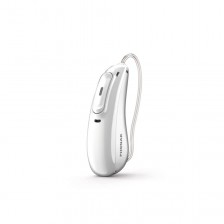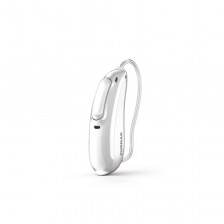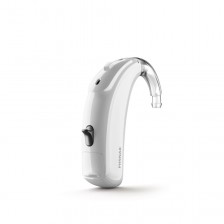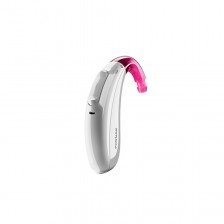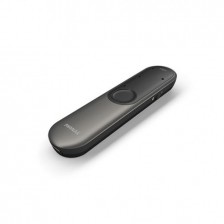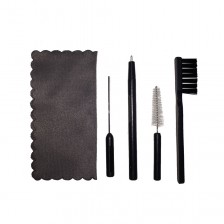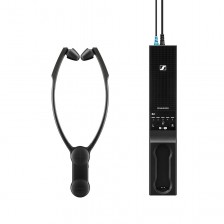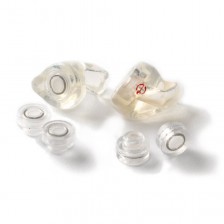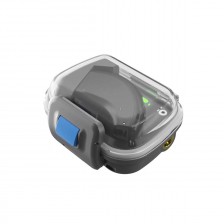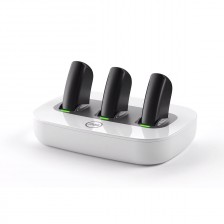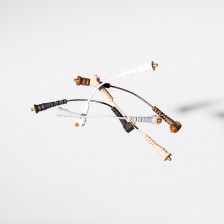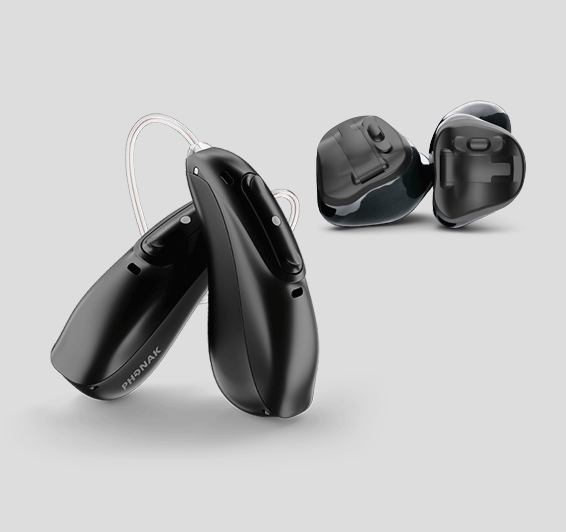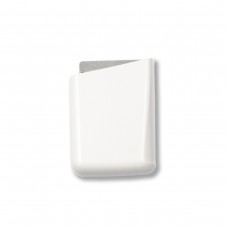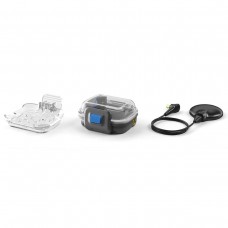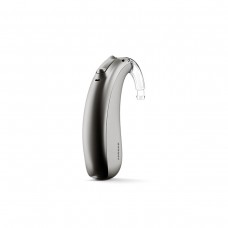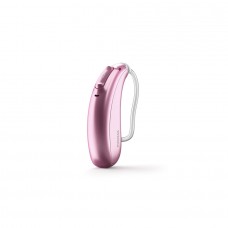What is the difference between a Cochlear Implant and a hearing aid?

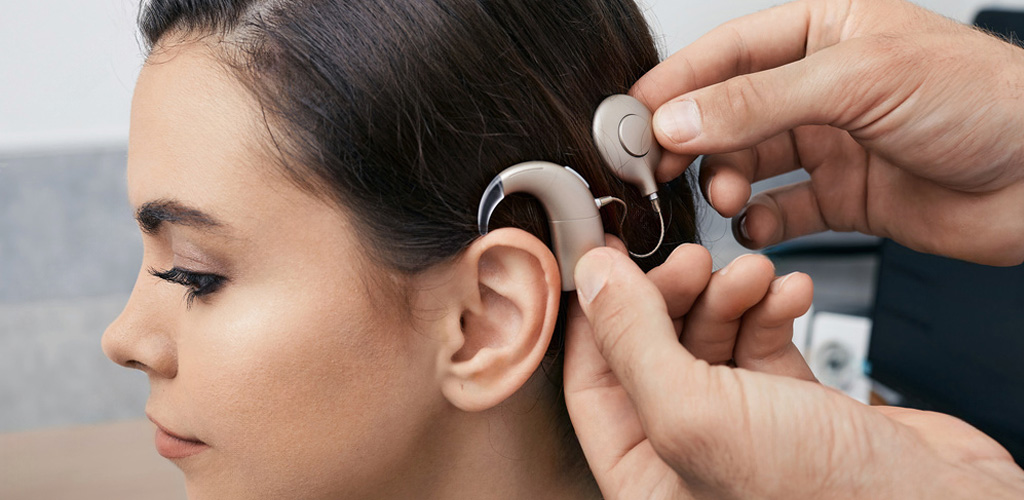
Once it is known that someone has hearing loss, the next step is to find a solution. If you are in the process of treating hearing loss, we recommend that you familiarize yourself with and educate yourself about all of the prosthetic devices available. Surely you have already heard about cochlear implants and hearing aids, as they are the most used devices, but do you know what the difference is between them exactly? We confirm that the objective of both is the same, that is, that a person with hearing loss can hear, but they have great differences in relation to the needs of the person for which one system or another is adapted and their operating mechanism is not anything similar either. That is why we are writing this post to you, below we are going to resolve all your doubts in such a way that you will be able to very easily appreciate the factors on which it depends on adapting a hearing aid or an implant.
Degree of hearing loss
- Hearing aids can be adapted for any type of hearing loss and almost any degree of loss, exactly from mild to deep, although in very deep losses they may not provide sufficient performance.
- Cochlear implants are suited for people who have the following types of hearing loss:
- Bilateral deep neurosensory.
- Birth hearing loss in both ears for which hearing aids have not been effective enough to promote language development.
- Adults from the moment that hearing aids are not useful.
Way to adapt
- Hearing aids are much simpler devices than cochlear implants, they are non-invasive and do not require surgery. They are placed behind the pavilion and/or inside the ear canal. They are adapted by a hearing care professional and can be removed and inserted whenever the wearer sees it necessary.
- Cochlear implants require surgery since part of the system is permanently placed inside the ear. The implant has two sections: one section on the outside that is placed behind the pavilion (processor, microphone) and the other that is placed under the skin through surgery (transmitter and receiver/stimulator, electrode assembly).
Way of transmitting sound
- Hearing aids capture the sound around you and direct it into the ear canal in an amplified manner and adapted to hearing loss. The sound delivered by a hearing aid is practically the same as that of a normal-hearing person, so generally it’s necessary not rehabilitation after being adapted.
- Unfortunately, an implant does not restore normal hearing, but it can give a deaf person a representation of environmental sounds, warning sounds, signal recognition, and of course it also helps them understand speech, thus allowing them to enjoy a conversation in person or even on the phone. Cochlear implants transform sounds and noises into electrical energy that acts on the auditory nerve and thus sends signals to the brain. Replaces the function of the cochlea. The sound delivered by a cochlear implant is different from what a person with healthy hearing hears and learning to interpret it is a task that takes time.
Economic value
- At Claso Audiology, a hearing aid can cost between €619 and €2.639 depending on the range of features that the person needs, and although there are a couple of financial aid that could help the pay for hearing aids (as long as you meet the requirements) currently are not covered by social security.
- The price of a cochlear implant can also vary depending on the person and even depending on the location in which the process is carried out, in total it can cost from 40,000 to 60,000 euros. Fortunately, both the implant and the entire process and operation in Spain is 100% covered by social security.
These are all the differences you should know to distinguish a cochlear implant from a hearing aid. As you have seen, they are totally different devices. In any case, if you or a loved one suffers from hearing loss, seek help, consult with an ENT specialist or a hearing care professional, we will study your case and advise you in the best way to give you the solution you need. The sooner your hearing problem is resolved, the less it will cost you to get used to hearing again.
